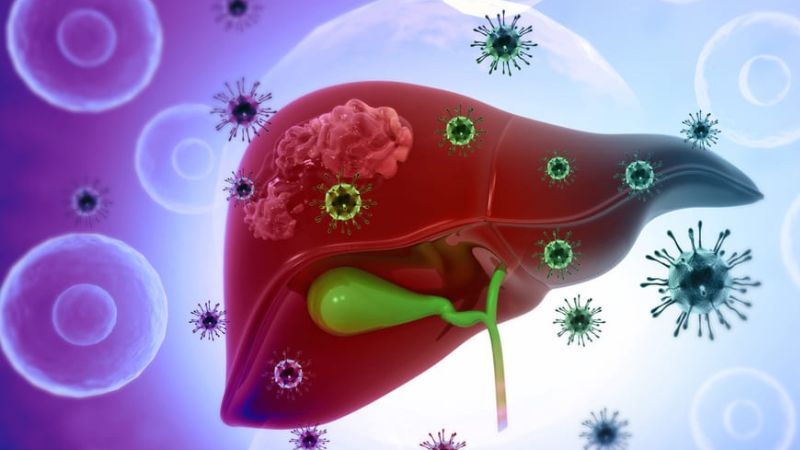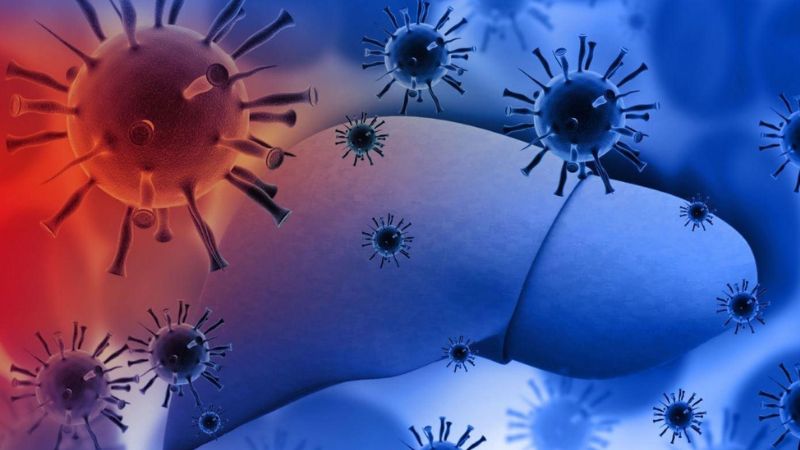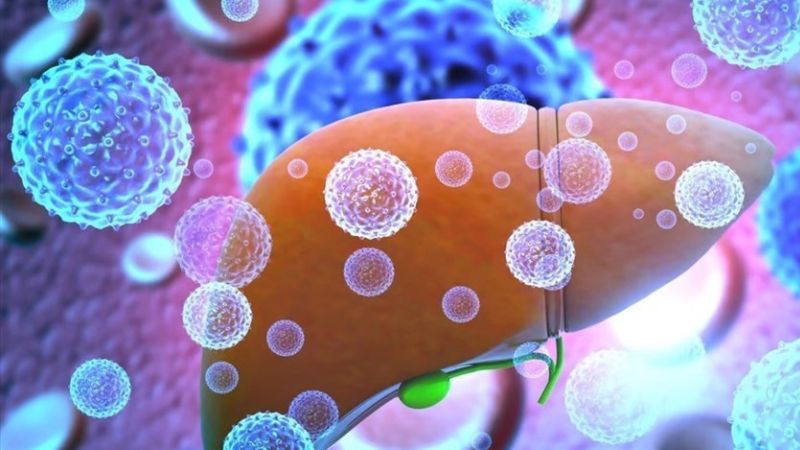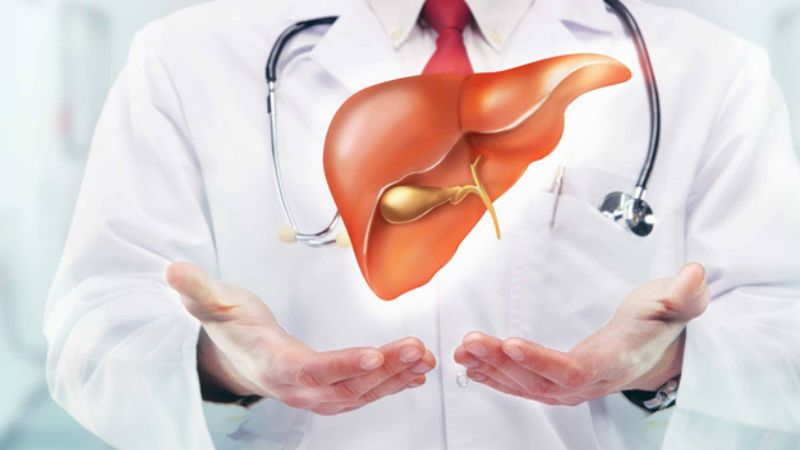Hepatitis is a serious and prevalent disease in Vietnam and many other countries worldwide. To raise awareness and promote prevention of this disease, the World Health Organization (WHO) designated July 28 as “World Hepatitis Day.”
1 What is World Hepatitis Day?
July 28 is observed as World Hepatitis Day or World Hepatitis Day by the World Health Organization.
Since its inception, 194 countries have participated in various activities to mark this day, including free screening programs, rallies, and awareness campaigns.
 July 28 is designated as World Hepatitis Day by the World Health Organization
July 28 is designated as World Hepatitis Day by the World Health Organization
2 Significance of World Hepatitis Day on July 28
This day aims to raise global awareness about the dangers of hepatitis and urge countries to take immediate action before it’s too late.
 Significance of World Hepatitis Day on July 28
Significance of World Hepatitis Day on July 28
3 Some Messages for Hepatitis Prevention
1. Hepatitis B vaccination within 24 hours of birth is the best way to prevent mother-to-child transmission of hepatitis B.
2. Hepatitis B is a common liver disease globally. If left untreated, it can lead to cirrhosis or liver cancer.
3. Timely hepatitis B vaccination and completing the full course are the most effective ways to prevent the disease.
4. Regular testing and treatment for viral hepatitis can prevent liver cancer and other severe liver diseases.
5. Everyone should have access to hepatitis prevention, testing, and treatment services.
6. All pregnant women should undergo routine testing for hepatitis B, HIV, and syphilis and receive treatment if necessary.
7. Complete the hepatitis vaccine series (hepatitis A and B) as per the recommended schedule or as advised by your doctor.
8. Everyone can play a part in eliminating hepatitis by joining the global effort to knock out hepatitis viruses.
 Messages for Hepatitis Prevention
Messages for Hepatitis Prevention
4 Frequently Asked Questions about Hepatitis Prevention Day
How many countries have committed to the 2030 viral hepatitis elimination goals?
Currently, 86% of countries are considering setting targets for hepatitis elimination, and over 70% have developed plans to ensure community access to essential hepatitis services, including prevention, diagnosis, testing, treatment, and care.
What needs to be done to reduce new cases of hepatitis B and C?
To reduce the incidence of hepatitis B and C, it is crucial to increase the hepatitis B vaccination rate for infants within 24 hours of birth, provide hepatitis B vaccinations for high-risk communities, and strengthen harm reduction programs for people who inject drugs. Additionally, strict adherence to safety protocols in medical procedures, surgeries, and dental care is essential. Proper handling and disposal of needles and syringes are critical, especially in healthcare settings serving individuals who use drugs, as this is a primary cause of hepatitis C transmission.
What does WHO recommend for hepatitis B prevention?
According to the WHO, the most effective way to prevent hepatitis B virus transmission is through timely vaccination. They recommend administering the first dose of the hepatitis B vaccine as soon as possible after birth, preferably within 24 hours, followed by two or three additional doses at least four weeks apart.
Source: Pasteur Institute in Ho Chi Minh City
 Frequently Asked Questions about Hepatitis Prevention Day
Frequently Asked Questions about Hepatitis Prevention Day
This article has provided insights into World Hepatitis Day and its significance. We hope it has been informative and raised your awareness about this important global health issue.
Unlocking the Secrets of Celery’s Cousin: Rediscovering the Unique Charm of ‘Cần Ta’
Introducing the dynamic duo of the vegetable world – Asian Water Dropwort and Celery. Though they may seem like identical twins, their distinct personalities shine through when you get to know them. Both may be members of the ‘Oenanthe’ family, but their unique qualities are shaped by their individual upbringings. Get ready to dive into an exploration of these two veggies and uncover the secrets that make them one-of-a-kind.

































